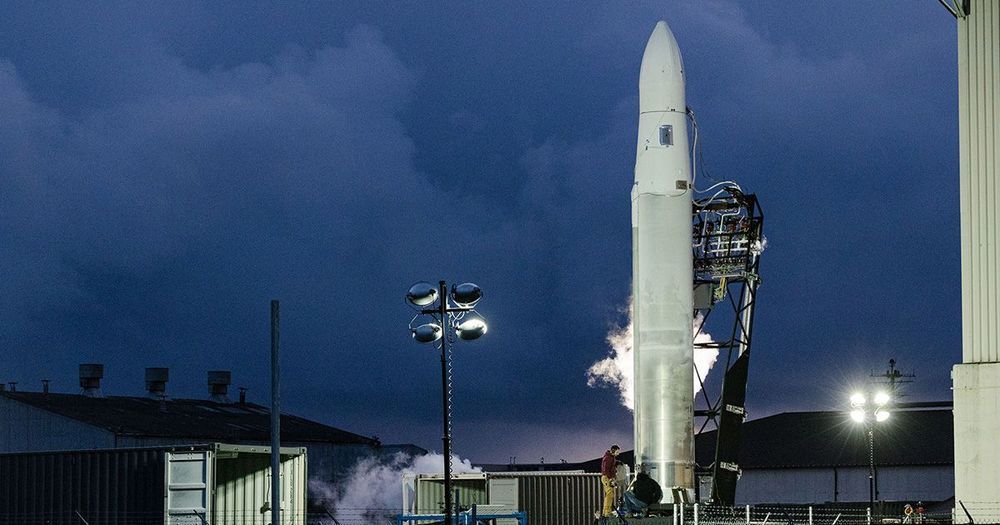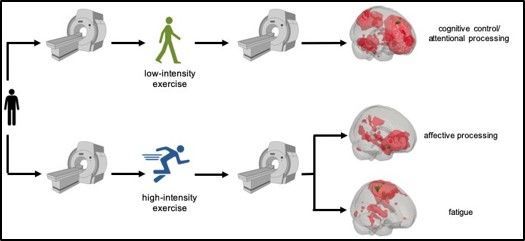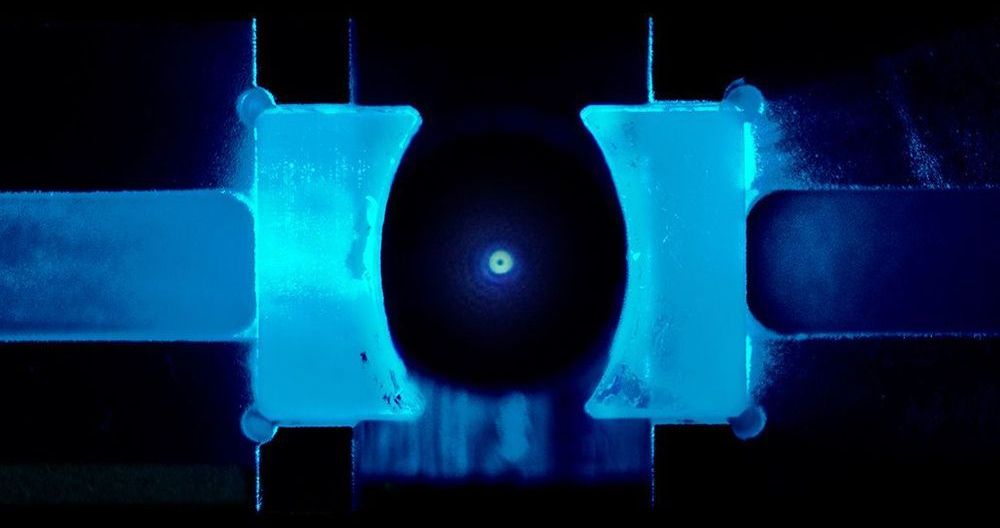In a recent IEEE Spectrum article, read how autonomous fighter jets will accompany human-piloted planes. This self-piloted airplane may be the first experiment to truly portend the end of the era of crewed warplanes. #autonomousplane #autonomousfighterjet
If you drive along the main northern road through South Australia with a good set of binoculars, you may soon be able to catch a glimpse of a strange, windowless jet, one that is about to embark on its maiden flight. It’s a prototype of the next big thing in aerial combat: a self-piloted warplane designed to work together with human-piloted aircraft.






